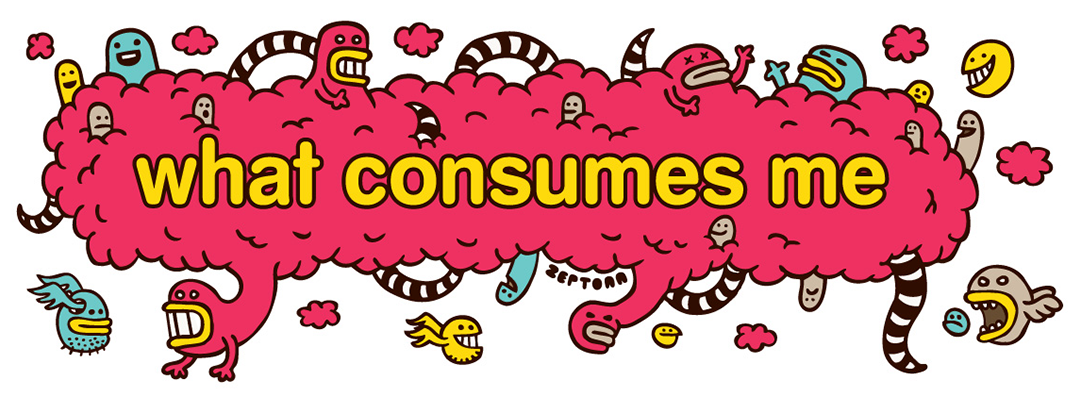Teams make lots of decisions. Important decisions. Trivial decisions. Urgent decisions. Wide-ranging decisions.
But teams very rarely ever think about HOW they decide. Startups generally start with consensus and either keep relying on it as they scale which slows them down OR they fall back on a single leader who, as the company grows, becomes less and less equipped to see all aspects of the business.
We made this team decision making tool to help teams find the best way to make a decision together.
It leads teams through picking from: Autocratic, Avoidant, Consensus, Consent, Consultative, Delegation, Democratic, and Stochastic decision making.
Check it out and leave us some feedback.



